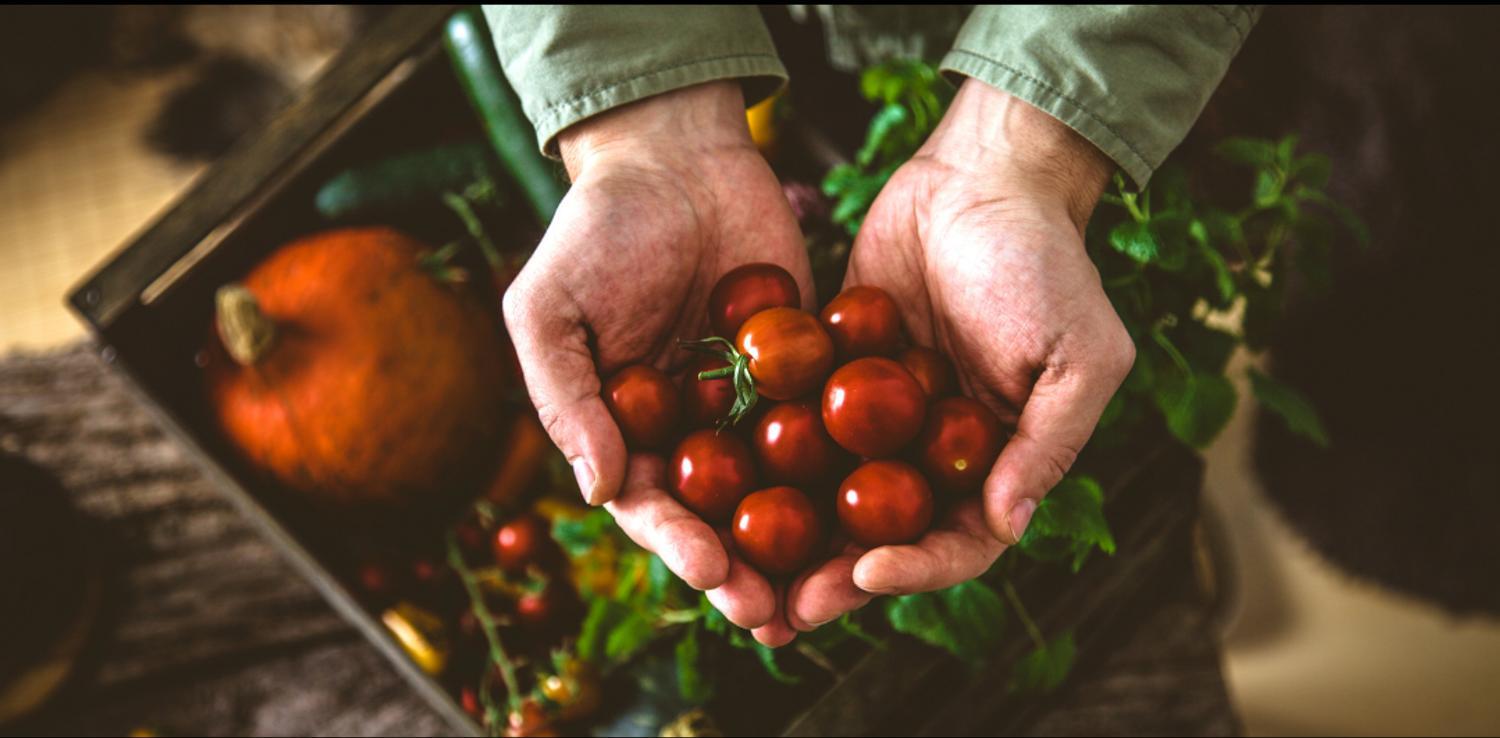
Organic September: The Benefits of Organic Food
by Holly T.
September 12, 2022
3 MIN READ
Did you know that since 1971, 41% of Britain’s wildlife species have declined and that intensive farming practices have been a main driver of this? However, organic farming can help provide an alternative to this and this month is Organic September! 🧑🌾
Organic September is a campaign that runs throughout the month of September to raise awareness of the brands, producers and farmers, the benefits of organic farming and what it can bring to our climate, nature and health. To grow and produce organic food, strict regulations must be met. Organic farmers and food companies legally require a certification and each year, they are inspected to ensure that they meet these high standards and regulations.
Organic farming is particularly relevant in the face of climate change, wildlife decline and diet related health problems. The need to change our food systems has never been more important. The switch to organic farming can make a big difference to solving these issues.
What is organic food and what are the benefits of it?
Organic is a system of farming and food production where organic farmers aim to produce high-quality food in the most natural way. They use methods that benefit the whole food system, including people, the planet, plant health and animal welfare. In order for food and drink to be labelled organic, at least 95% of it must be from organically produced plants or animals. The Soil Association is the UK’s leading organic food and farming charity and they certify more than 70% of organic food in the UK.
Organic farming has fewer pesticides – chemicals used to kill insects, weeds and fungal diseases – and aims to create a natural balance between plants and animals to prevent pests. Instead, wildlife such as birds, beetles and other insects are used to help control pests and eat them.
There are no synthetic fertilisers used. The key is to naturally nourish plants and build fertile soil. Farmers may use clover, legumes, compost, animal manure, green manure and crop rotations to ensure healthy, nutrient rich soil.
Higher animal welfare standards is one of the main aspects of organic farming. Organic standards make sure that animals have better living conditions, feed, transportation and humane slaughter.
In organic farming, there is also:
- No antibiotics use in animals – they are fed the right diet and raised in better conditions instead
- No GMOs – animals must be fed natural, organic diets
- No artificial colours and preservatives – many artificial food colourings and preservatives are banned
This means that organic food is better for the planet, wildlife, nature and people!
What can you do to get involved?
We can all make a difference by buying organic products and supporting this way of farming – just look out for the organic logo. This doesn’t just include food; it also includes cosmetics, health and wellness and cleaning products too!
Or, instead of buying everything organic, why not grow your own? Even just growing one item will help contribute to an improved food system and help contribute to making a change. Every little bit we do to contribute can help improve our food systems and make a change for the better.